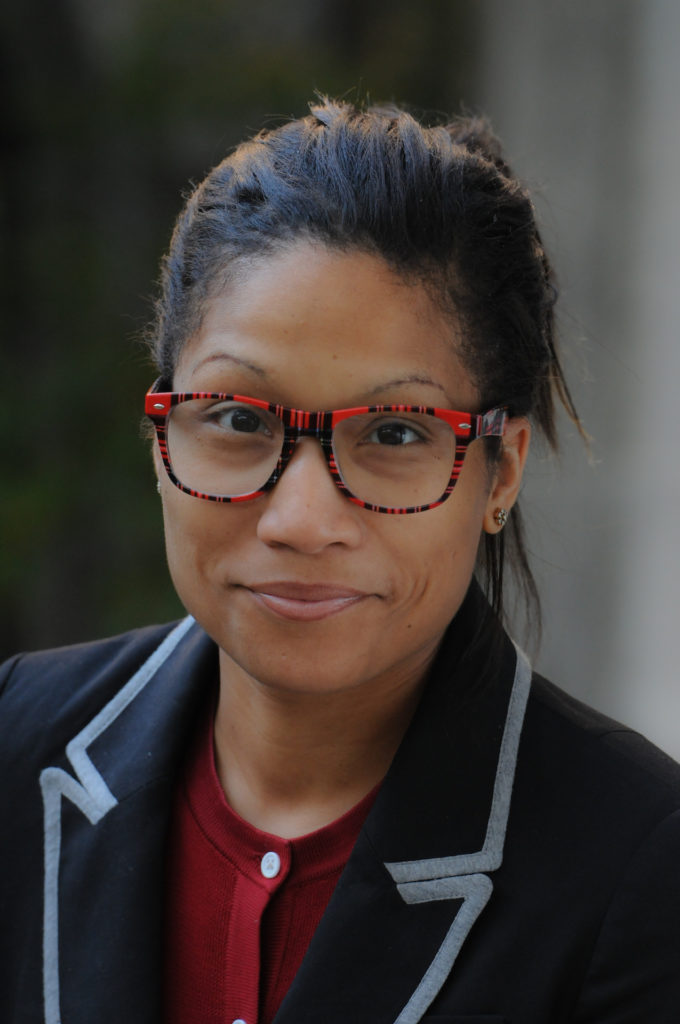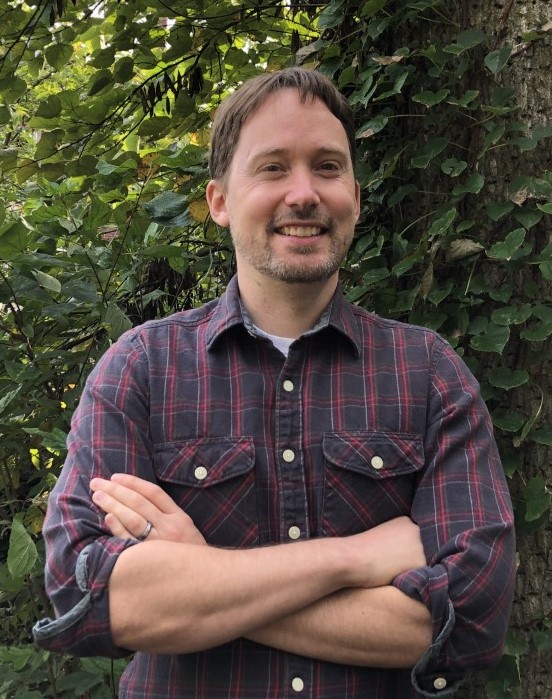The Disciples Leadership Institute (DLI) brings together emerging Disciples leaders (clergy and lay), seeking to deepen understanding and develop relationships across perceived boundaries of race, culture and language. This month we highlight two past DLI participants, Yvonne Gilmore and Wilson Dickinson, as they share what they gained from the DLI program and how it continues to influence their lives and ministries.
Yvonne Gilmore
On her current ministry:
I am currently serving Disciples Divinity House of the University of Chicago as Associate Dean. The Disciples Divinity House offers an exceptional residential scholarship program in conjunction with the Divinity School of the University of Chicago. It is one of the seven theological education institutions of the Christian Church (Disciples of Christ). Scholars of the Disciples Divinity House are also students of the Divinity School of the University of Chicago, where they pursue MDiv, MA, or Ph.D. degrees.
On memories from participating:
I fondly and gratefully remember DLI as a space of theological innovation, bold vision, and space to re-discover church-wide leadership. I experienced the Christian Church (Disciples of Christ) in a different way than I experienced it at the General Assembly or at a Regional Assembly, which are also spaces where the whole church gathers. Sharing in participant-led programming over 5 days with 40 people from different places with varied vocational commitments, racial/ethnic backgrounds, and theological commitments provided a new entrance for understanding possibilities in the church and in my own ministry. I met peers, colleagues, brothers, sisters, friends, and neighbors that I didn’t know I had, that lived and served in different places. They became sources of support, collaboration, and challenge over the years.
On important learnings:
The Christian Church is a deeply rooted, widely imaginative, theologically capacious, and diverse church. Practicing modes of dialogue and curiosity, worship planning and practice, table practices, and shared inquiry that made space for everyone was a gift. We did not always agree with one another, but we valued each other and remained present with integrity throughout the program. I’ve continued to cultivate ways of practicing and re-purposing “Witness and Response,” a way of bearing witness to faith and making space for an unfiltered response to four “witnesses,” developed by Joe Blosser at the first DLI.
On how it shaped her sense of call:
Leadership is not a solitary commitment. It is always a shared interpretive project. DLI was built on the supposition that models of leadership abound across the life of our church, and that making space to discover and learn from a variety of “images of God” and ways of leading and serving God is essential for leadership development. Adaptive leadership growth is often activated in the vineyard with other leaders and by a deepening relationship with one’s own leadership model. Earnest translation and conversation about faith across lines of practice, party, place, and space help me hear, map and understand myself as well as my neighbor.
Wilson Dickinson
On his current ministry:
I am a Disciples writer, teacher, and pastor serving in central Kentucky. I teach theology and am the Director of the Doctor of Ministry and Continuing Education Programs at Lexington Theological Seminary. I also serve as the Director of the Green Good News, an organization that educates, cultivates, and organizes at the crossroads of discipleship, justice, and sustainability. My second book, environmental justice and agrarian reading of the Gospels written for a popular audience, entitled The Green Good News: Christ’s Path to Sustainable and Joyful Life, is coming out this November.
On memories from participating:
I mostly remember friends, and by this, I mean friendship in the highest sense, of the bonds that are created by shared life and common calling. These brief retreats were marked as much by laughter as by uncomfortable truths. I would leave feeling both renewed and deeply challenged.
On important learnings:
DLI underlined for me the power of relationships that are held together by shared stories, study, and worship. So often in ministry and in organizing, we focus so much on the message that we lose the power of the medium. DLI did an excellent job of creating the space that held people together around challenging and personal issues, but it did so in such a way that the content did not emerge through a concluding document or action. Instead, it was woven into our relationships, and this has subsequently shaped my own life and call.
On how it shaped his sense of call:
My roots run deep in white establishment churches and DLI expanded my idea of what ministry is. It was at DLI that I first became friends with church planters and they were part of a number of groups that planted seeds that led my wife and myself to start a dinner church a few years ago. Furthermore, the friendships that I made with some folks in DLI have played an integral role in shifting from being a person who had hopes of a pro-reconciling church to now coming to understand that the path of discipleship requires the work of anti-racism, racial justice, and reparation.


